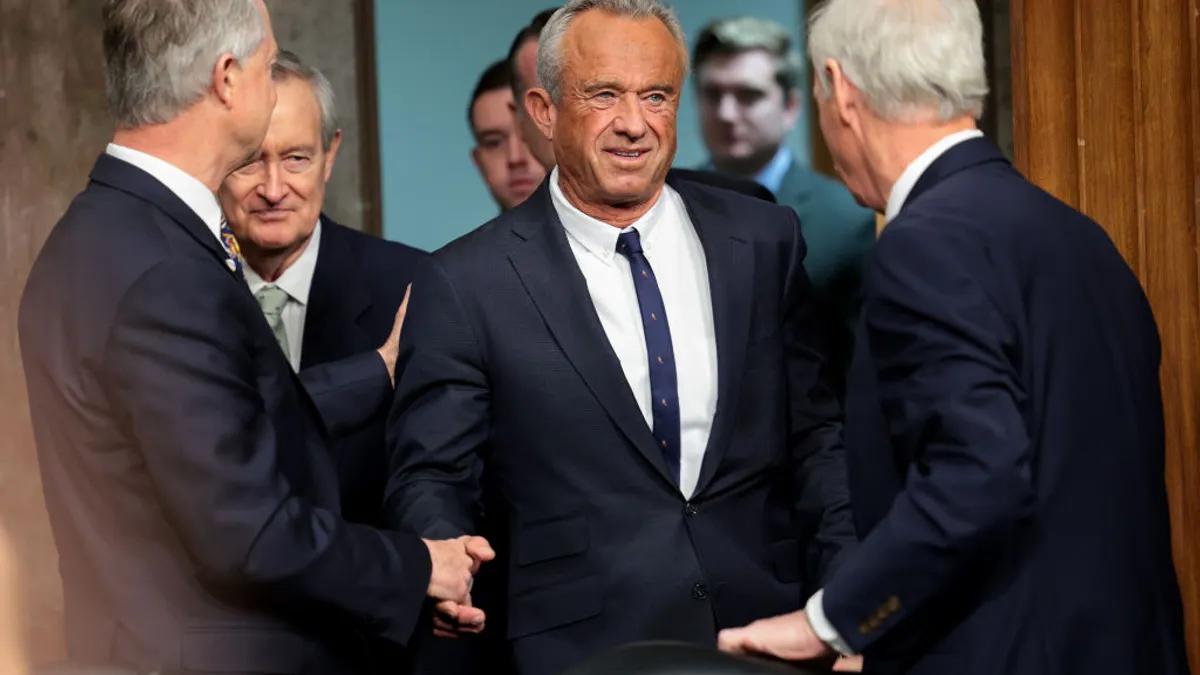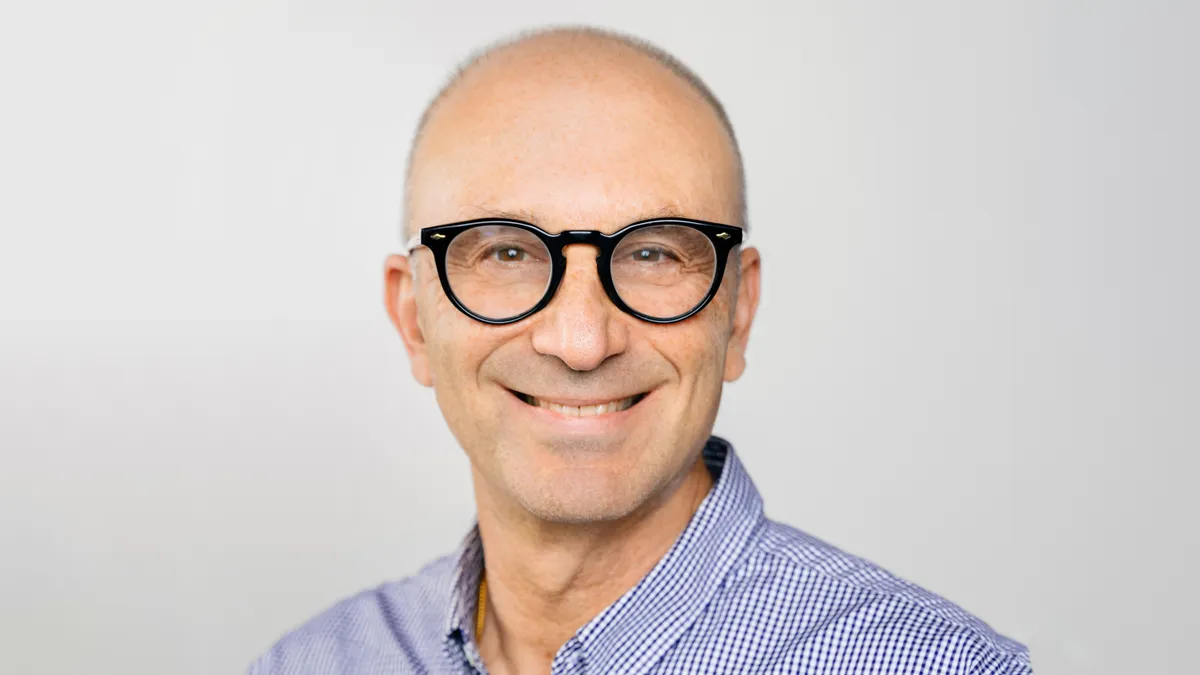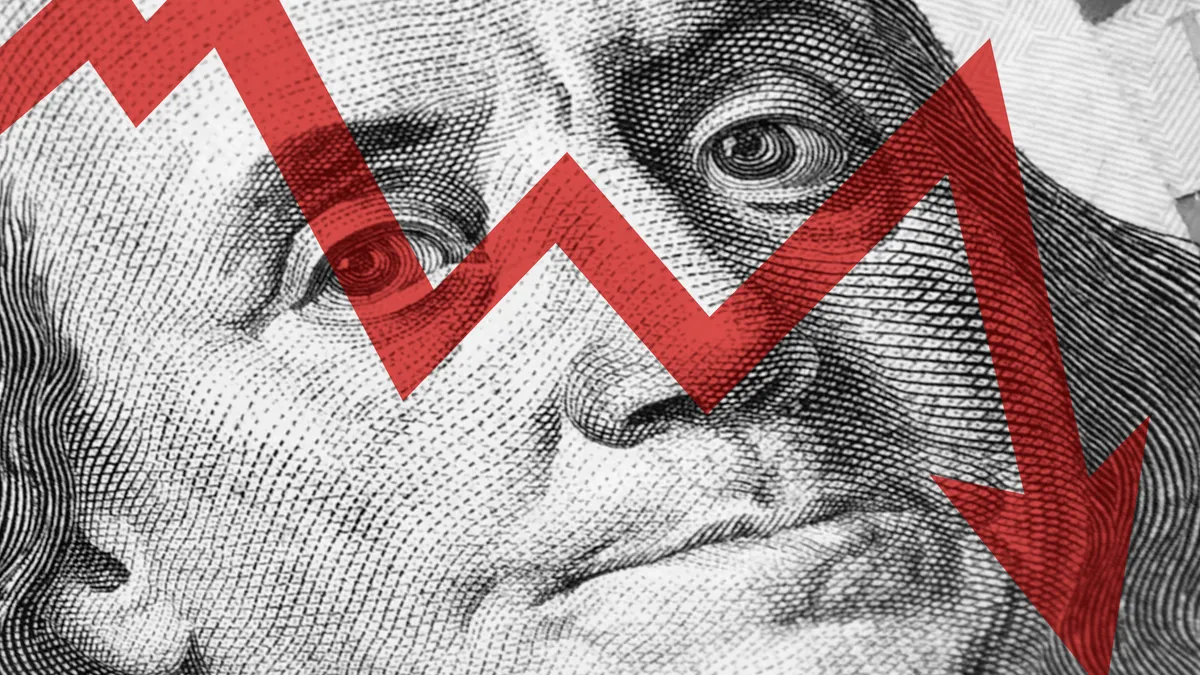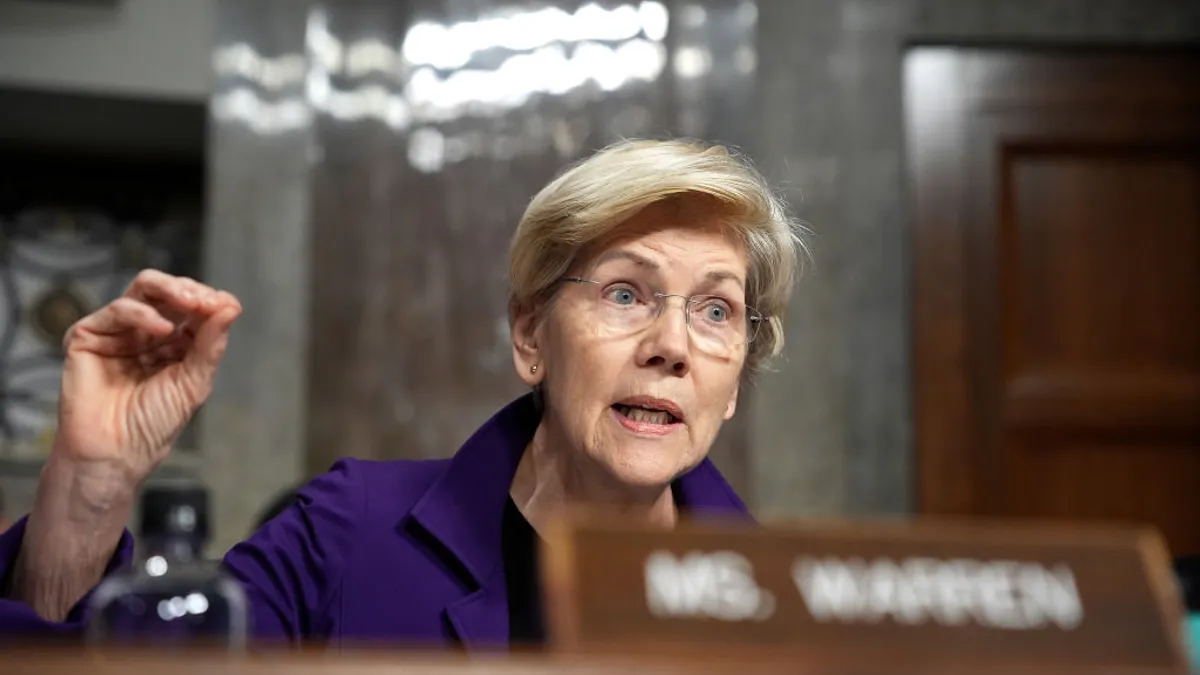Shortly after voting in favor of Robert F. Kennedy to become the U.S. Health and Human Services Secretary Tuesday, Sen. Thom Tillis, R-N.C., pointed out that Kennedy would come into the position with very little hands-on experience.
“He is no health professional,” Tillis said.
Kennedy, a lawyer, overcame a key hurdle in being confirmed to lead the nation’s health agency this week when Tillis and members of the Senate Finance Committee voted 14-13 along party lines to advance his nomination to the full Senate.
A controversial pick for HHS, which is typically led by a doctor or healthcare professional, Kennedy has evoked a visceral response from the medical community. Past statements regarding the efficacy and safety of vaccines, financial ties to litigation against drug and vaccine makers, as well as a general distrust for much of the American healthcare system, have all become criticisms levied against him.
However, Kennedy’s lack of experience in the healthcare arena and disputed views didn’t deter Republicans, some of whom considered him to be a disruptor in line with President Trump’s aims to reform and gut U.S. government agencies.
“The president said [Kennedy] was going to ‘go wild’ at the [HHS]. I hope he does,” Tillis said, adding that he hopes Kennedy’s outsider approach will reduce healthcare costs and make people on Medicaid healthier.
Kennedy endured two hearings last week in front of the Senate Finance Committee and the Committee on Health, Education, Labor and Pensions, during which members asked about his past anti-vaccine statements, potential conflicts of interest and the basics of Medicare and Medicaid — the key healthcare programs he will be tasked with running if confirmed.
Kennedy will next face a vote from the Senate, and yesterday’s committee approval hints that Republicans will likely fall in line with President Trump’s wishes to rubber stamp Kennedy into the position.
Once at HHS, Kennedy will face immediate issues that will put his historical views and contradictory promises to the test.
Vaccine support amid the next potential pandemic
From the moment Kennedy was tapped to lead HHS, his high-profile anti-vaccine comments cast a shadow over his eligibility. Democratic senators grilled him over past statements made in his published books and on popular podcasts where he falsely connected vaccines to autism. During hearings last week, he dismissed scientific research showing vaccines are safe and effective.
Under pressure, Kennedy responded that he was “not anti-vaccine” and would not restrict access to immunizations.
But his financial ties to lawsuits against vaccine makers have also raised Democrats’ hackles.
Over the last three years, he earned $2.5 million in referral fees from a law firm suing Merck & Co. over alleged harm caused by its human papillomavirus vaccine Gardasil, according to a letter written by Sens. Elizabeth Warren and Ron Wyden, D-Ore. Hounded by the senators, Kennedy relented during the second hearing that he would no longer collect referral fees if confirmed and would amend his ethics agreement — instead he would pass them along to his son, who is a lawyer at the firm.
Still, questions remain over whether Kennedy could influence vaccine policy and make it easier to sue vaccine makers.
“It seems possible that many different types of vaccine-related decisions and communications — which you would be empowered to make and influence as secretary — could result in significant financial compensation for your family,” Sens. Warren and Wyden wrote.
Further, Warren said the ethics amendment was inadequate given Kennedy could go right back to suing vaccine makers the day after he leaves HHS — and his influence at the agency could allow him to set himself up for enrichment following his post, harming public health along the way.
“No one is fooled about what's happening here,” Warren said after the Tuesday vote.
If confirmed by the full Senate, Kennedy will face his first test on vaccines as an outbreak of the avian flu continues to expand across the country. There are already three FDA-approved H5N1 flu vaccines available in the nation’s stockpile, plus more under development by drugmakers. As one of the last acts of the Biden administration, the Biomedical Advanced Research and Development Authority, which is part of HHS, granted Moderna $590 million in January to develop mRNA vaccines for pandemic influenza strains, including H5N1.
But HHS scrubbed the announcement from its website amid the Trump administration’s government-wide purge of DEI programs, crackdown on communication from healthcare agencies and attempted freeze of federal grants. In addition, a communications halt ordered by Trump has prevented the CDC from publishing new information and studies about the outbreak.
When questioned last week about how he will respond to the bird flu, Kennedy said, “I intend to devote the appropriate resources to preventing pandemics. That's a central part of my job.”
However, Kennedy also stated last year that three vaccines in the stockpile “appear to be dangerous.” He also previously stated he would pause infectious disease research for a period of “about eight years.” These views, which contradict his promises to senators, coupled with the Trump administration's silence on the issue, muddy the waters for a smooth bird flu response.
Defining America’s role in healthcare abroad
Kennedy’s vaccine views could also carry over into global health, as HHS has been the point of contact for the U.S. government’s involvement with the World Health Organization. One of Trump’s first acts of president was to withdraw the U.S. from the organization, but that doesn’t mean HHS will no longer have global influence.
The agency had a $1.7 trillion proposed budget in fiscal year 2024, with $1.6 billion going to global health, according to NPR. This included training public health officers, implementing global vaccination efforts, donating to family planning and reproductive health, and forming pandemic responses.
According to some Democrats, HHS’ position as a medical leader and innovator is a crucial part of foreign policy.
“We cannot let another country get ahead of us on some sort of warfare issue and not have a response when it comes to a vaccine,” Sen. Maria Cantwell, D-Wash., said Tuesday. “I need someone at HHS who is going to say we are going to be a leader in medical technology, science [and] vaccines, [and that] we are going to fight foreign powers. We are going to be there to provide global health, and I don't want a recalcitrant. I need a leader.”
HHS was a leading voice in the COVID-19 pandemic as its leaders collaborated with other countries. However, Kennedy skipped a meeting with Biden and Trump team officials to plan future pandemic responses last month.
Based on the Trump administration’s actions over the last two weeks, the shutdown of the U.S. Agency for International Development this week, and Kennedy’s contrarian approach to infectious disease, the new face of the HHS could pull back its global health focus in favor of Trump’s America-first agenda.





















